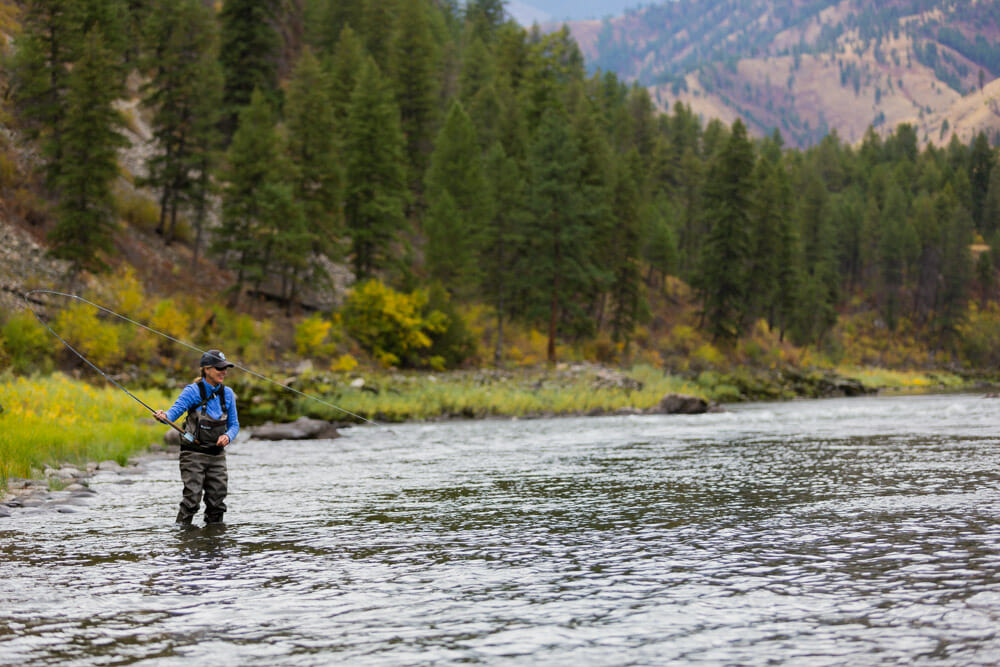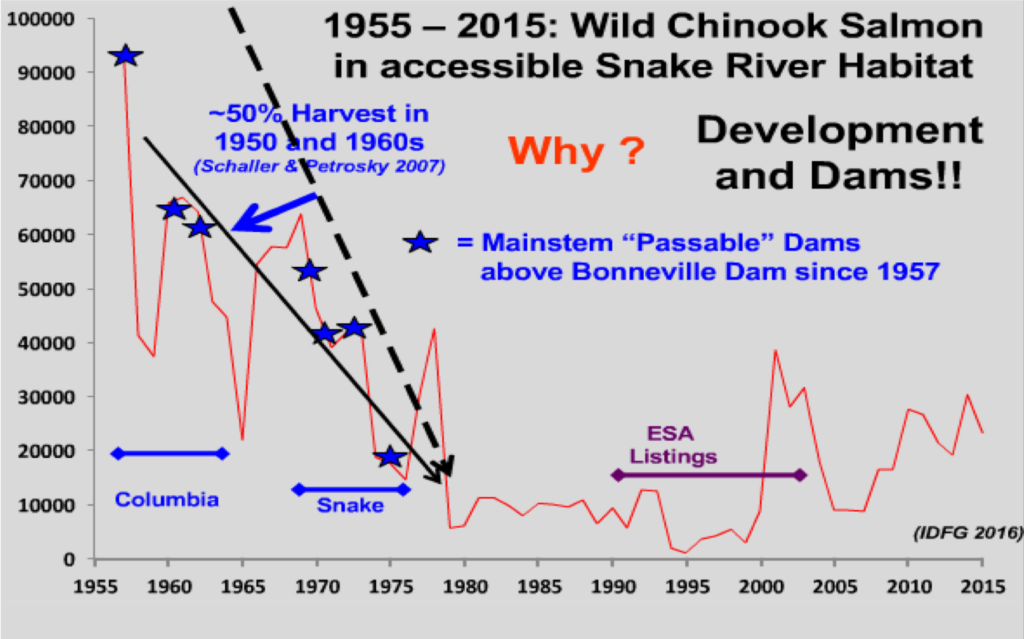
Let me begin by saying that nothing in the following paragraphs is an endorsement or indictment of any political campaign or political process. I realize that saying anything that remotely smells political puts a big bullseye on your back these days, so let’s be clear: Republican or Democrat, I don’t care; Pete or Bernie, primary or caucus system, peanut or plain M&Ms — the choice is yours to make and I don’t judge.
Hackles down, people.
I grew up in Iowa back when we could only get three channels and had to turn the rotor to get the fourth. I remember how political ads could saturate an entire commercial break and I remember how the candidates would come to homes and schools, parades and bake sales, making their case for what they believed in. It made an long-lasting impression that not only did my vote matter, but so did my education leading up to that decision.
Back then, that education was coming from peers and neighbors, not high-dollar social media campaigns, and as such I feel it generally cemented the idea in my mind that being a participant in democracy was mandatory.
It was a first-hand lesson on the power of grassroots. And the power of that experience to shape a person is a two-way street.
Buried in the news coverage was a comment by a former candidate who noted that despite all the flaws of the Iowa first caucus system, the grassroots and literal kitchen-table nature of Iowa campaign was an indispensable experience. It molded candidates into better leaders. It made them make their case, face-to-face, and helped them hone their argument. It prepared them and their ideas for the bigger stage.
Grassroots advocacy is no secret to Trout Unlimited. Indeed, it is the foundation of our success. But as results trickled in this week it underscored the notion for me that ideas go the furthest when supported from the bottom up and improbable odds become more probable when your network is organized and strong.
What does this have to do with salmon? It’s not as big of leap as you think.
Salmon and steelhead on the Lower Snake River are facing challenges about as complicated as being elected to the highest office in the land. Their demise over decades has left an entire region grappling with how to keep them from going functionally extinct.
Science shows that removing four dams on the Lower Snake is a critical component to restoring robust and fishable populations of salmon and steelhead.
But getting stakeholders and decision makers to the table to find and implement these meaningful solutions is daunting.

Which is where the playbook for winning in Iowa may hold the key: To bring these iconic fish back, we need organized, educated and motivated grassroots.
This week, Boise State University released their annual poll on public policy. It found that Idahoans who favored dam removal outnumbered those who opposed it. Also in that mix were a lot of squishy middle opinions.
“A slim plurality of people (40%) at least somewhat favor removing dams on the Lower Snake River in an effort to restore salmon runs in the state. In comparison, at least 38.2% somewhat oppose removal, and 21.7% of respondents said they weren’t sure.”
Idaho Statesman coverage of Boise State University Idaho Public Policy Survey
Big ideas, whether they are launching a run for the presidency or making a run at dam removal, require face-to-face, kitchen-table conversations.
If we’re serious about bringing back wild fish to the Pacific Northwest, it’s going to take all of us.
Consider it my challenge to you: Talk to your friend, talk to your neighbor. Find someone in that squishy middle and get them fired up. Call you mom and your grandma. Hone your argument. Get them to the table. Call your mayor and your county commissioner. Send your Governor a letter. Tweet at your representative. Attend a march. Show up to a meeting. Send an email. Tell your waitress and your bank teller and your UPS driver.
Let them know: We can do this. We can fix this problem. It’s within our reach.
We can do this. We can fix this problem. It’s within our reach.
Show up and be counted. Don’t let the weight of a challenge keep you from acting.
Your participation is mandatory.
Want to help? Send your contact information to Shauna Stephenson, National Communications Director at Trout Unlimited, shauna.stephenson@tu.org, and we will add you to our list for news and updates.


